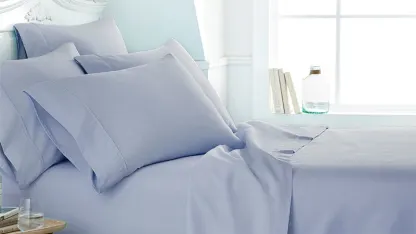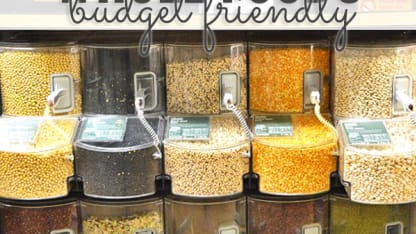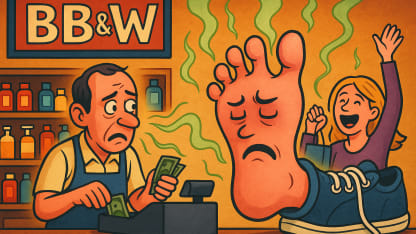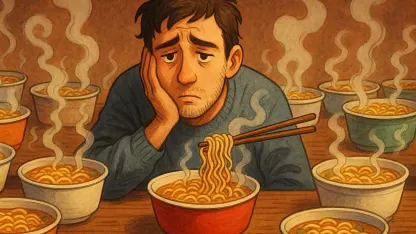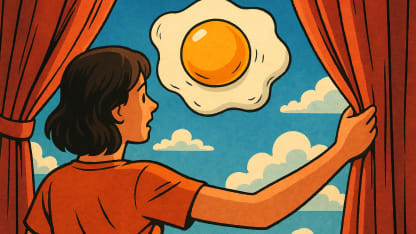Organic Essentials Cotton Sheet Sets
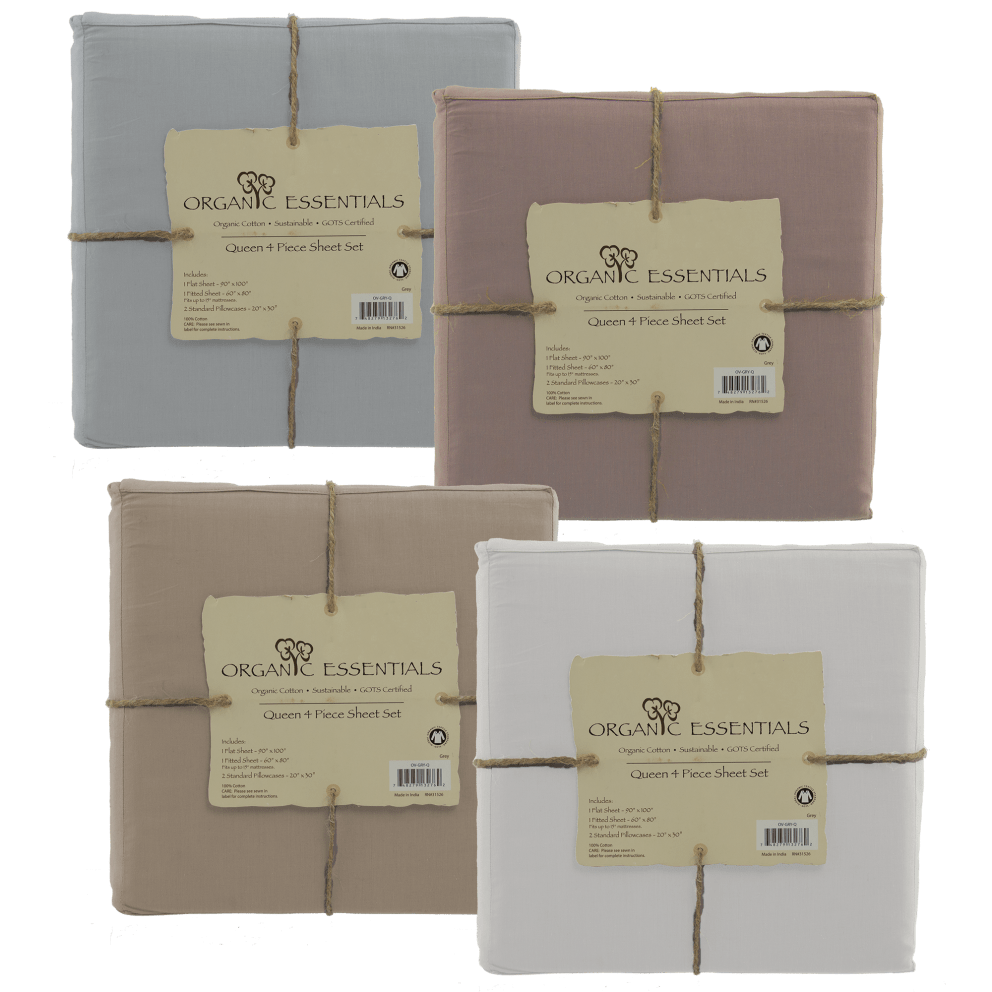
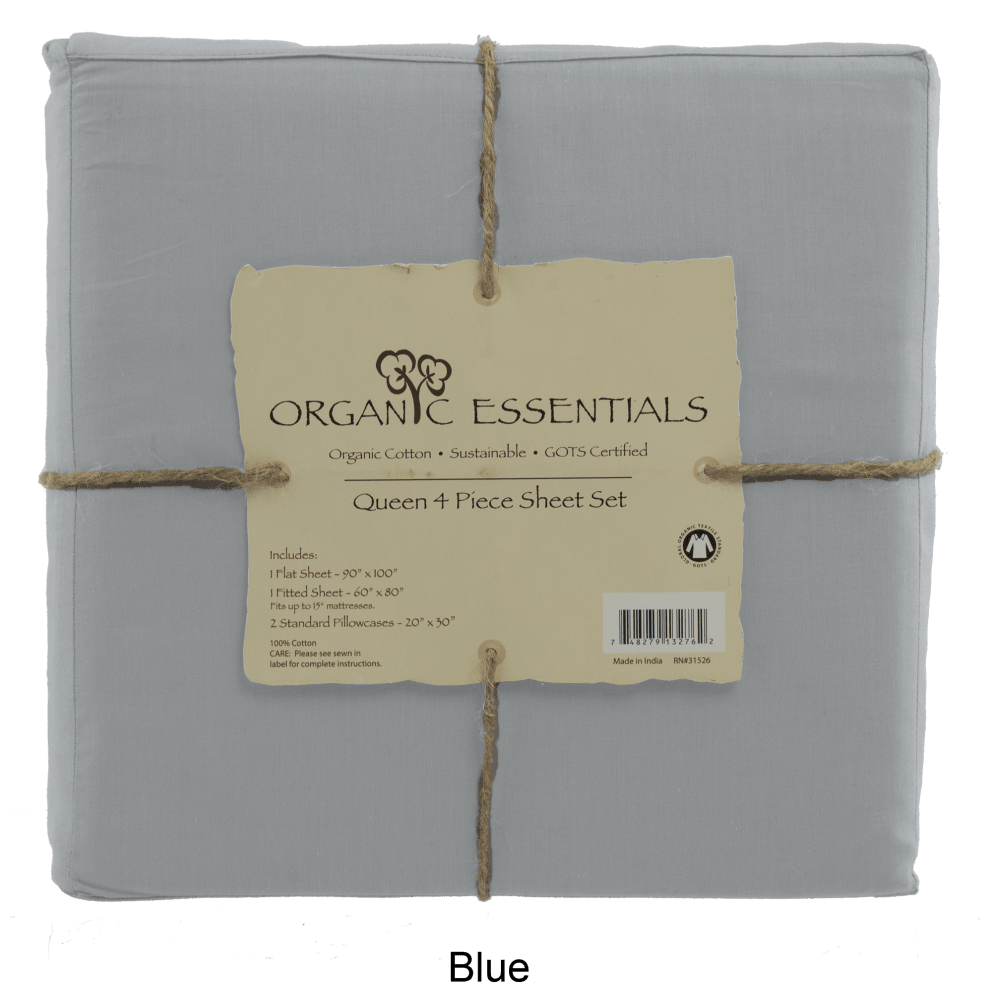


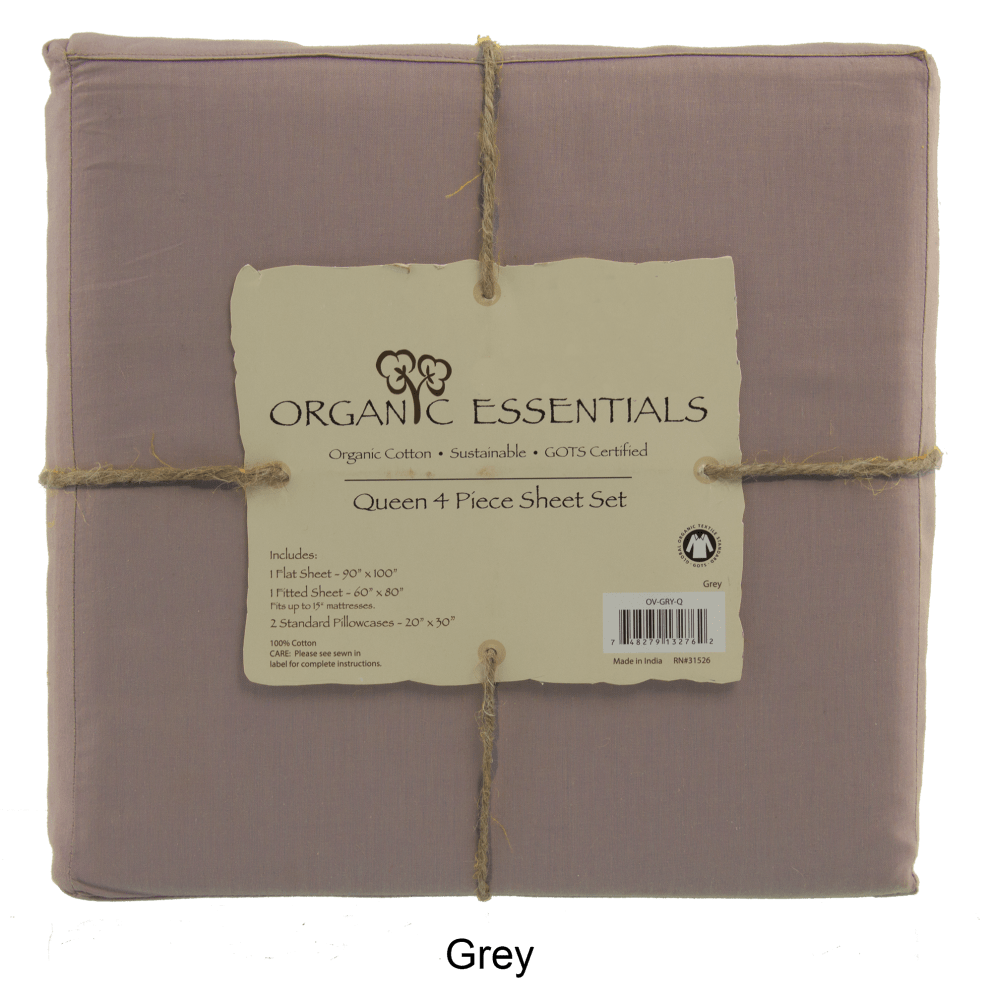
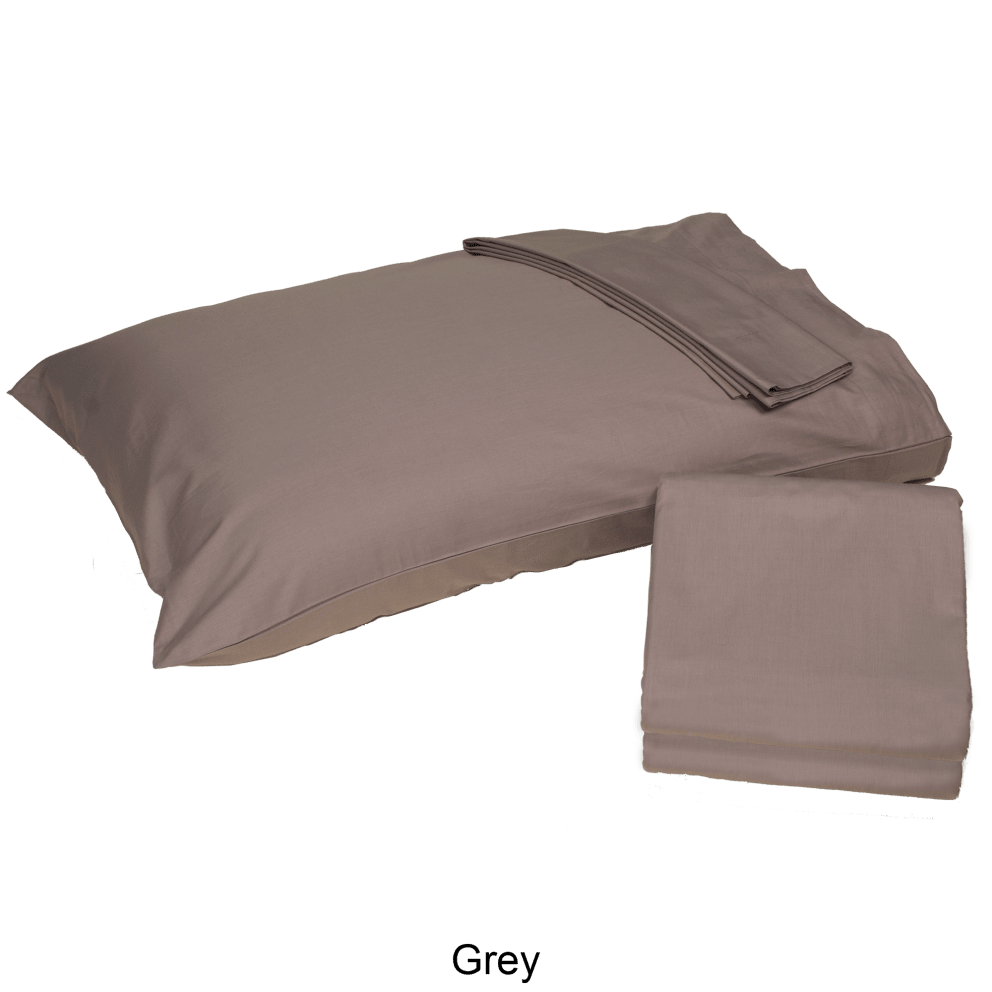

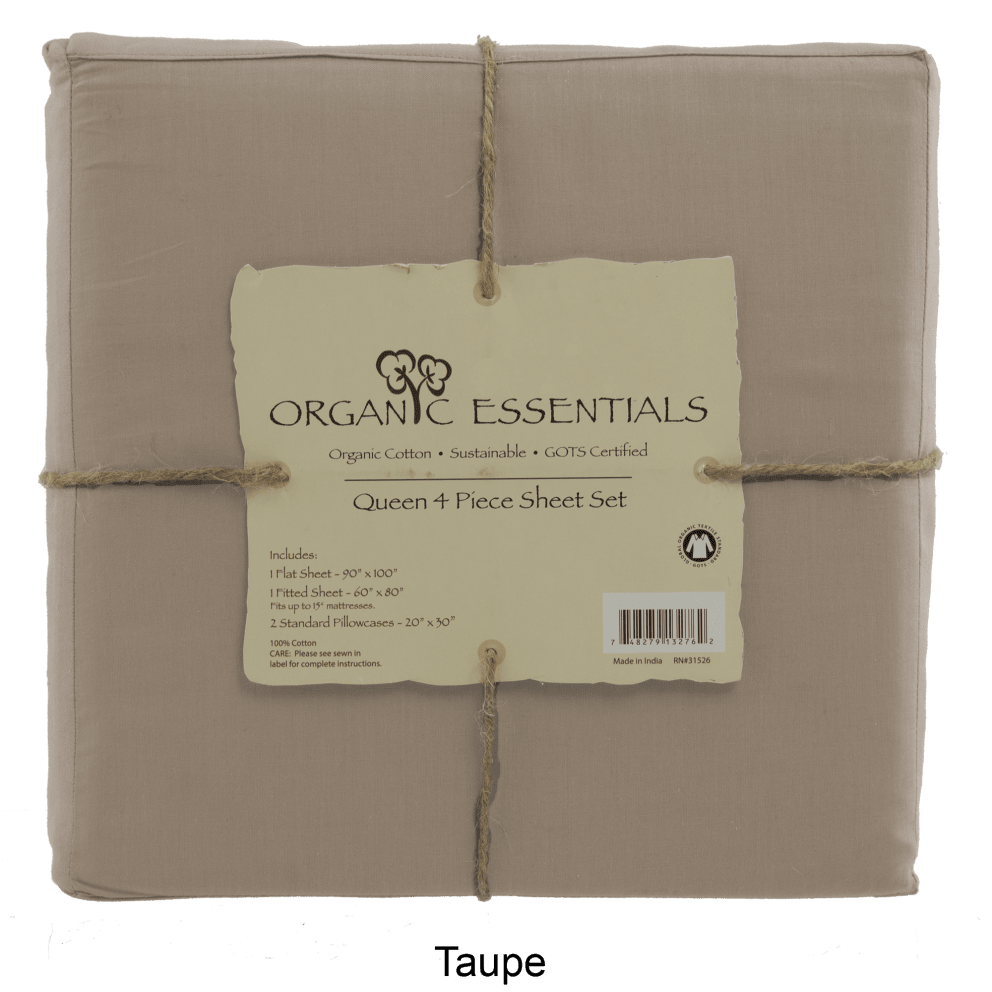
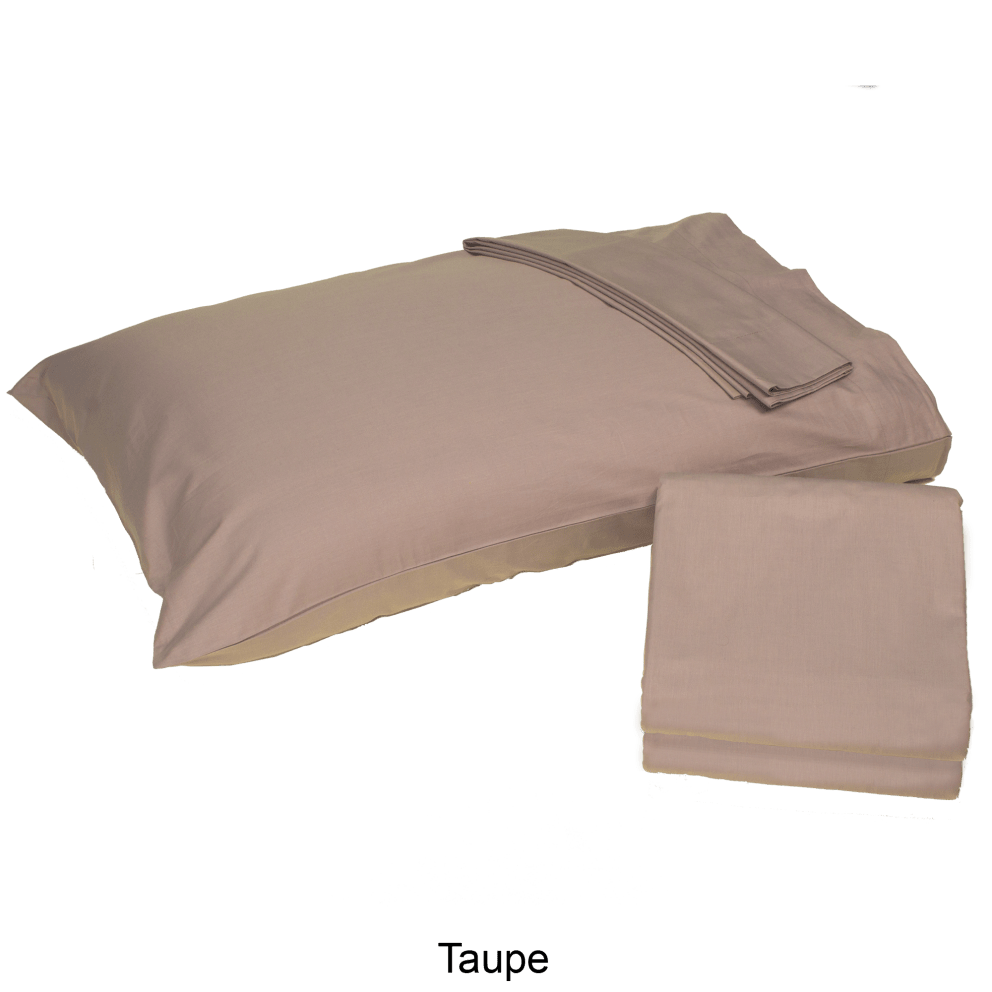
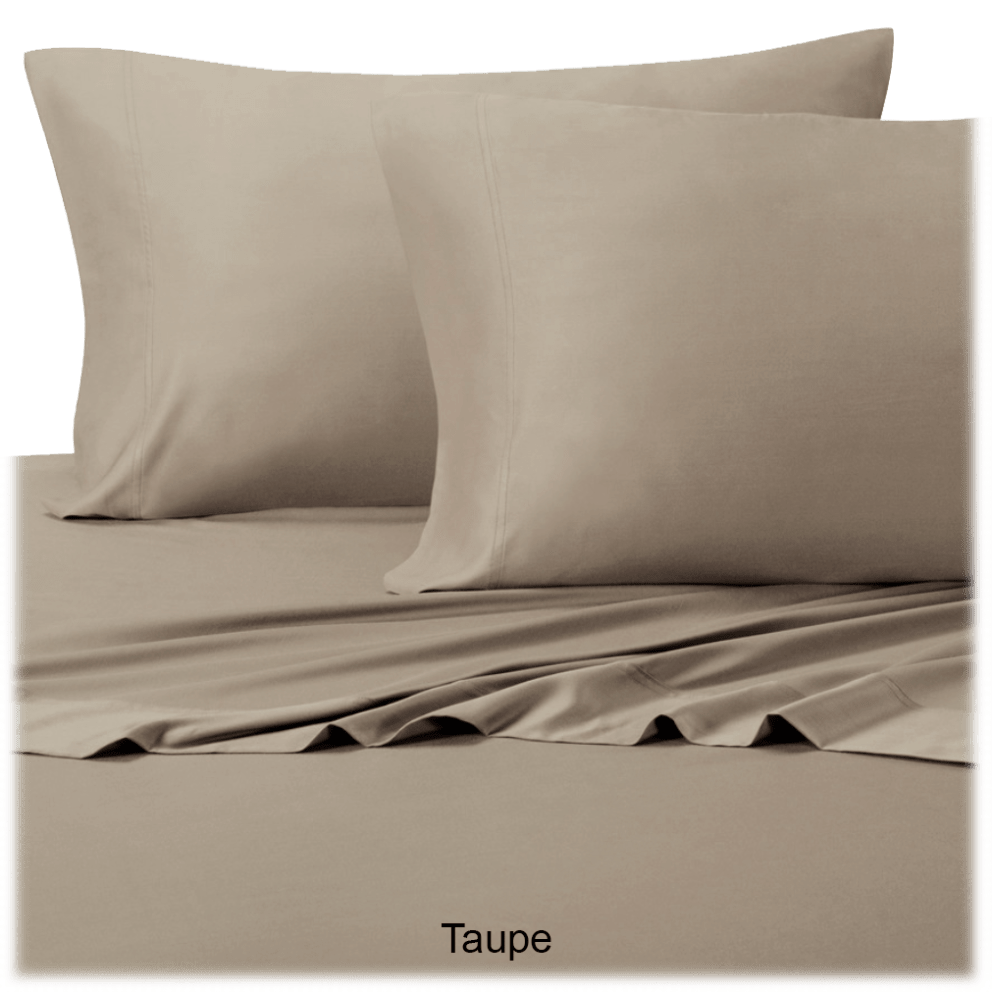
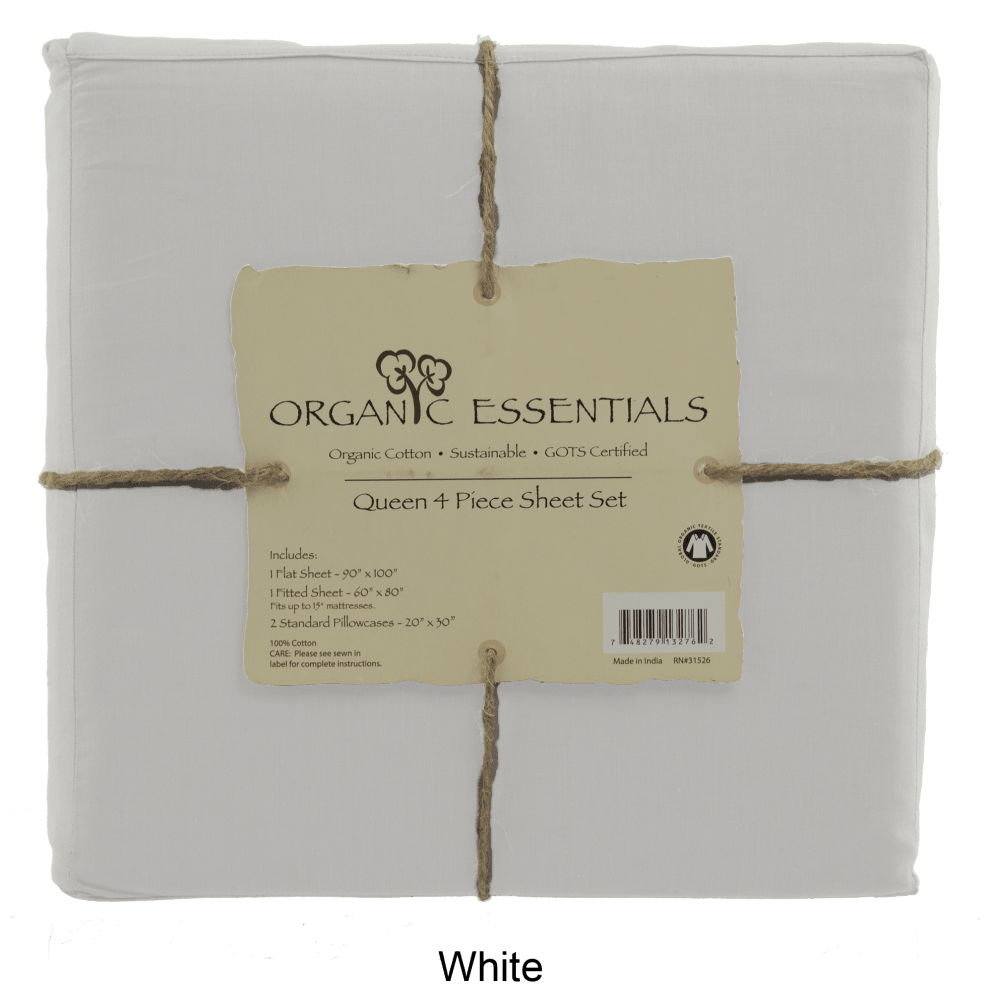
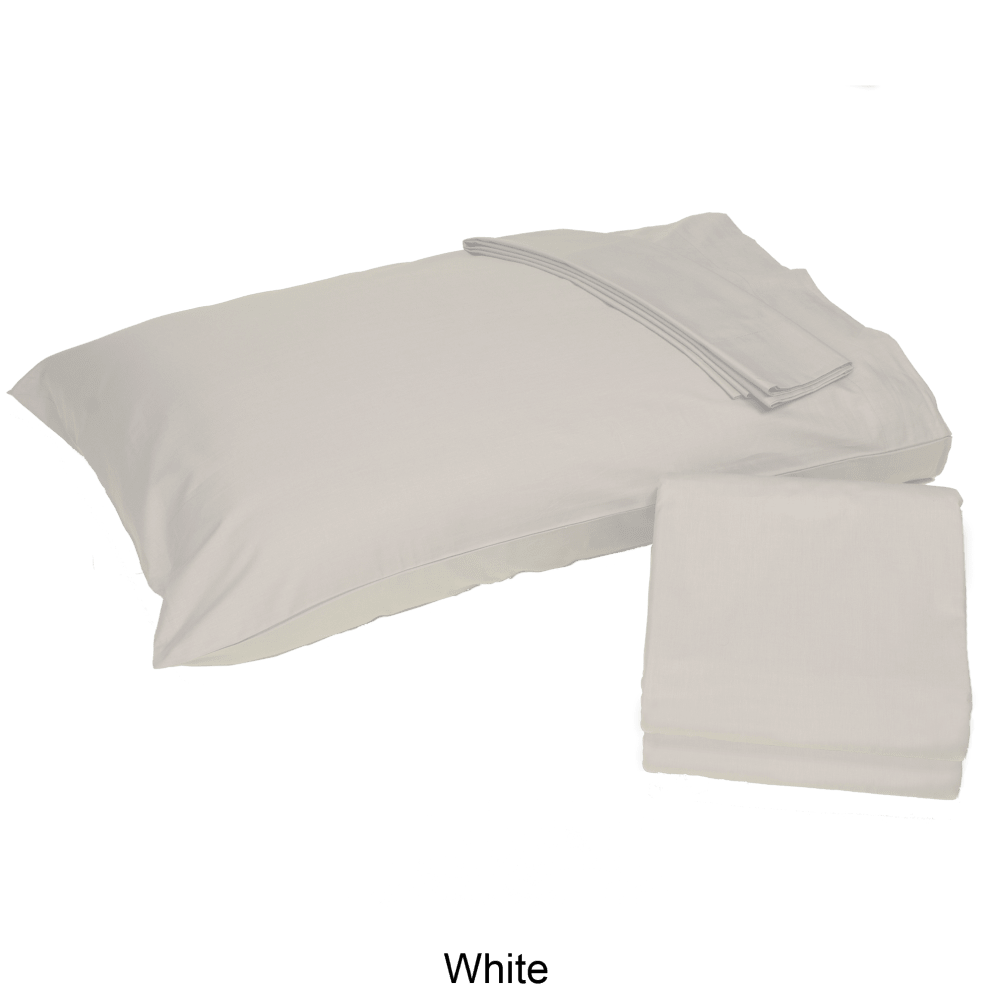
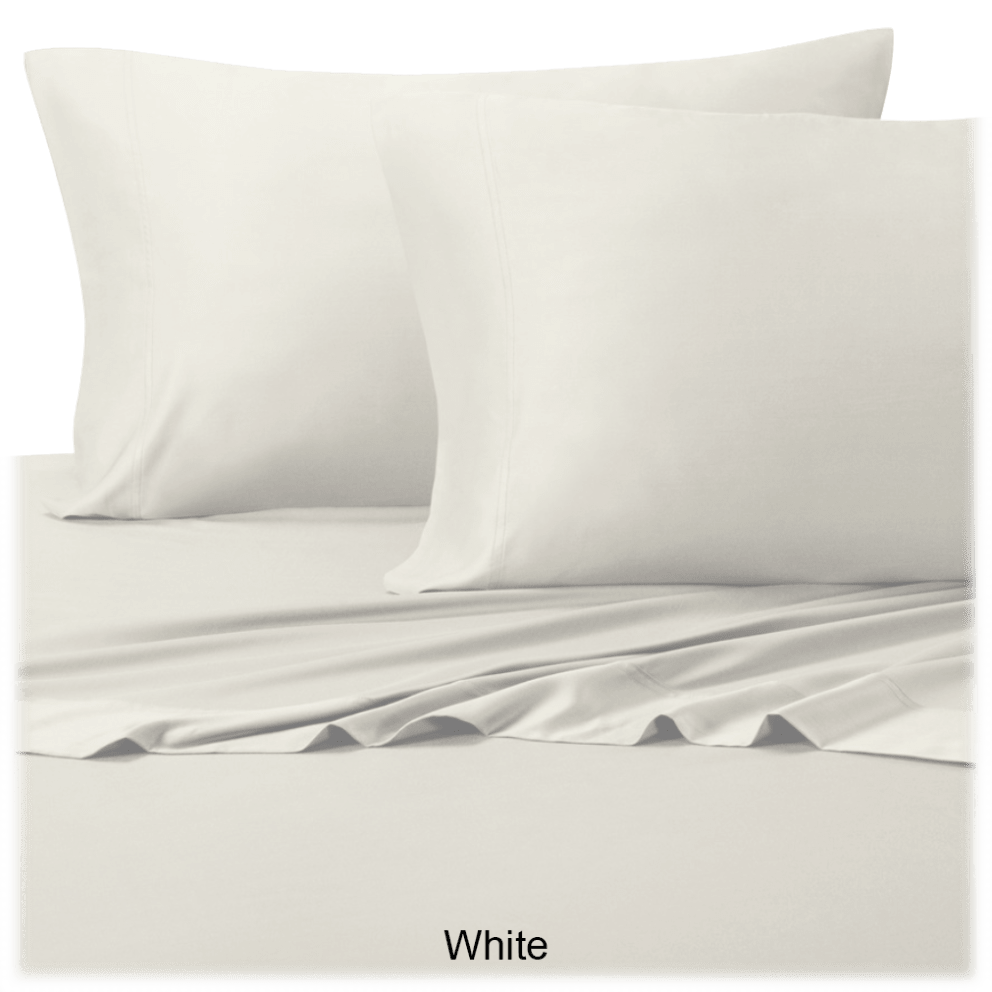

Our Take
- These 100% organic cotton sheets are perfect for 100% organic cotton ghost costumes- Theyve got deep pockets (for up to 15-16 mattresses) but, unlike most organic sheets, you dont need deep pockets to afford them- If youre not familiar with sheets, you can think of them as underwear for your mattress- Organic cotton is made without harsh chemicals, etc., but dont let us scare you into buying them with all that- Model: OES-AST-F, OES-AST-Q, OES-AST-K (Not every winning team can be full of future hall-of-famers. You’ve gotta have your solid .250-hitting catchers and utility infielders. These model numbers aren’t great – they’re not even good – but they get the job done)
Rest Easy
Youll sleep better at night with these sheets. Not because their softness will lull you into slumber, though they are soft. Nor because the organic cotton will provide much noticeable benefit over non-organic cotton.No, youll sleep better for buying sheets that didnt accelerate the planets ecological collapse.Many people recommend purchasing organic cotton sheets for the direct benefits they provide. Eileen Mockus, the CEO of a natural textiles company whose name is actually really Mockus, says:> Pesticides and synthetic fertilizers are heavily used in growing traditional cotton, so organic cotton is much safer for everyone in the supply chain. The concerns are formaldehyde (for controlling shrinkage and wrinkle resistance); toxic dyestuffs and finishing agents in processing of textiles; and heavy softeners that prevent cotton from being absorbent.That could all be true formaldehyde certainly doesnt sound like something wed want to snuggle up with every night. On the other hand, most of us have been sleeping in traditional cotton our whole lives without experiencing adverse side-effects.But the real benefit of organic goods (in our opinion) is for the planet and human society as a whole, not the individuals who buy it. Organic farming practices are less harmful to the environment. The products they create may provide direct health benefits over traditional alternatives, but thats not the reason to get them.Usually you have to pay a premium for organic goods, which creates a tragedy of the commons problem: People generally dont forego a personal benefit (in this case, money) for a common good (in this case, a healthy environment). But today were overcoming this unfortunate truism in human nature by selling an organic product for a traditional price.You wont get the smug self-satisfaction of the normal organic shopper who knows they sacrificed something for the greater good, but you can still rest easy knowing you didnt hasten the demise of our beleaguered biosphere. And youll have some extra money you can spend on something else that can help you sleep at night, like a carbon emission offset. Or a few Ambiens. .

